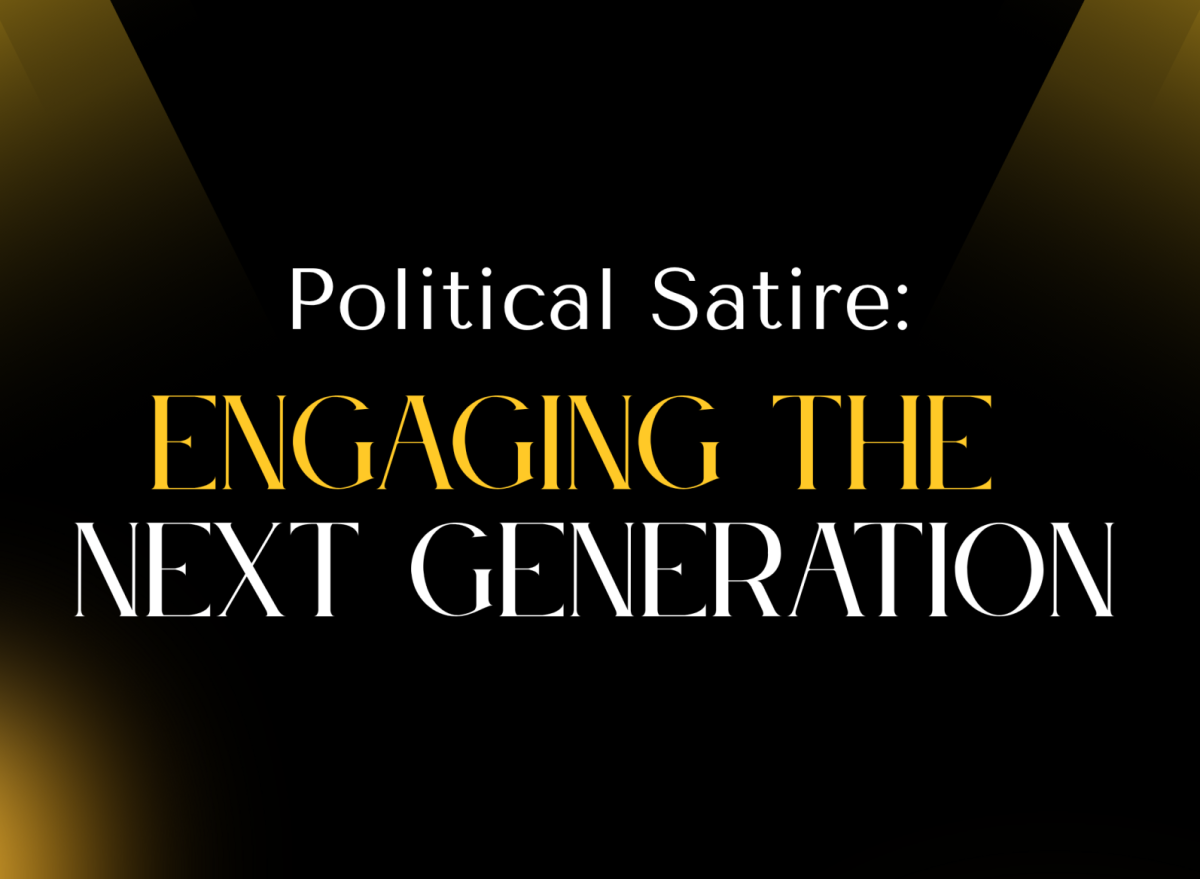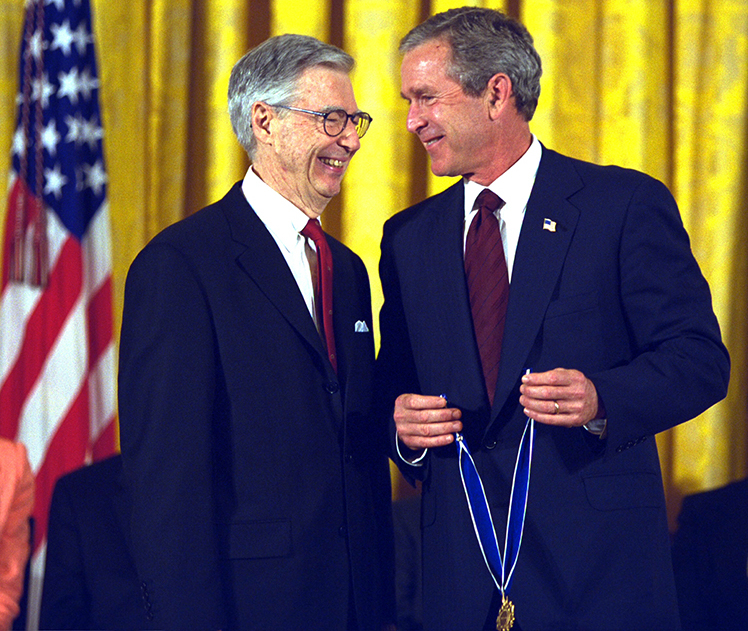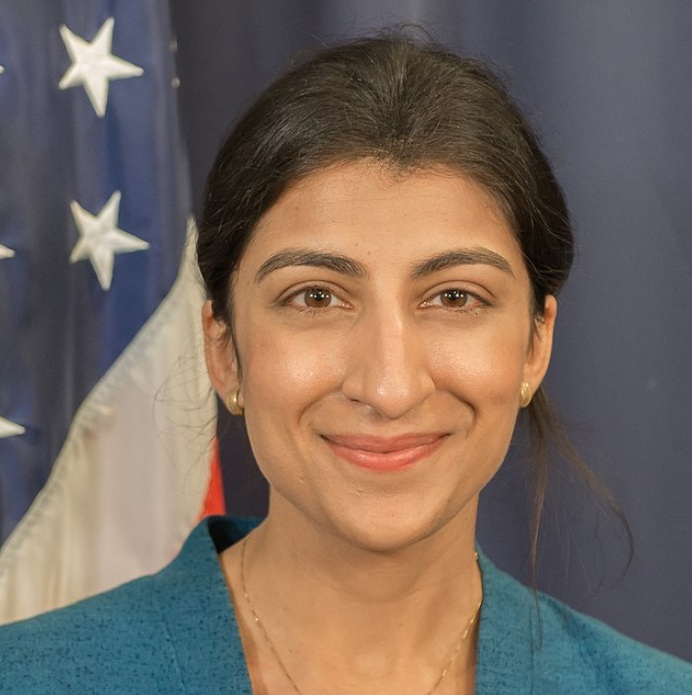Political satire has long been used in this country to help voters make sense of the political process. Dating back to 1864, during the Lincoln vs McClellan presidential election, satires about McClellan’s short stature were used in the Lincoln campaign to portray McClellan as weak and ineffectual. In the modern day, the importance of political satire is greater than ever. Studies show that political satire increases political participation, checks the deepening divisions in this country and helps preserve our democracy. Our democracy is based on free speech and criticism of the government and political satire epitomizes such principles. As our country’s politics are further polarized satire can help prevent these divisions by increasing political efficacy and bringing information to the people.
The recent rise in polarization in this country is largely due to the two party system, which inevitably pits people against one another. The two party system forces a choice between two polarized policies, disincentivizing compromise in political dealings within the government. As outlined by Penn State University, “The rise of fundamentalist religious groups, the increasing power of corporations in the media and a deep divide between political parties are harming the democratic process in the country” (PSU). These divides are also dangerous as they are the cause of rising tensions and increased political violence across the US today.
Providing the public with access to information through political satire allows people to more fully engage in the political process. This spurs people to learn more about political issues through non-satirical sources and incentivizes the production of new satirical content. Nevertheless, some still doubt the ability of satirical news to change people’s minds. Studies from the Ohio State University “found… people chose satirical news that matched their pre-existing attitudes… watching satirical news reinforced those attitudes as much as watching serious news” (OSU). While such studies suggest that scrutiny is required as to whether or not satire is presented with multiple viewpoints represented, it does not mean satire is bad for democracy. The same “study found that people with little interest in politics were more likely to select satirical over serious news… watching satirical news affected feelings of political efficacy – people’s belief that they can influence political processes” (OSU). Political satire is particularly crucial in educating people about politics because even while there is a risk of creating an echo chamber of one’s own beliefs, satire also engages many people who otherwise would not be involved in the political process.
Even with all these potential educational and engagement benefits of political satire, currently one key factor is preventing its wider use: copyright law. Status quo copyright law does not consider satire to be fair use, a legal doctrine which permits copyrighted works to be used by others in the creation of new works. By contrast, copyright law allows parody to use copyrighted works under fair use. This arbitrary legal distinction between parody and satire chills creation of political satirical content because people are forced to skirt around use of published work from politicians. This forces satirists to only address those works whose creators allow their creations to be satirized, in turn chilling overall satire creation. For example, under current copyright law, political satirists cannot legally create satire of Hillbilly Elegy (a book by Vice President JD Vance) or Original Sin (a book about former President Joe Biden’s mental decline during his presidency). The solution lies in giving satire the same fair use protections as parody, thus freeing political satirists to engage with texts written by political figures. In order to realize the full benefits of this valuable form of political expression, the United States federal government should consider making political satire a form of fair use.









